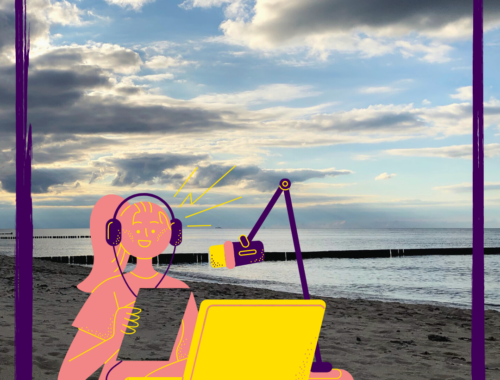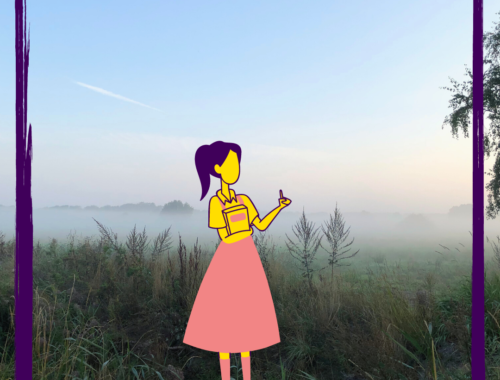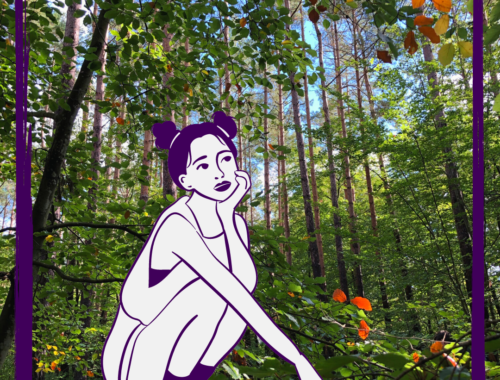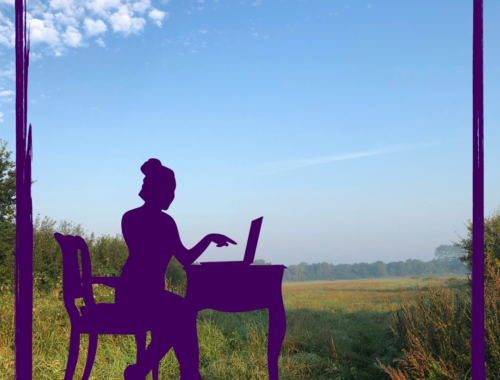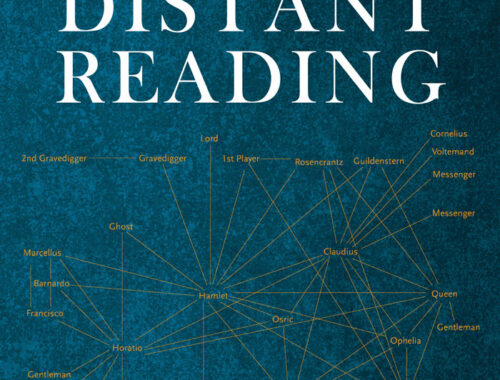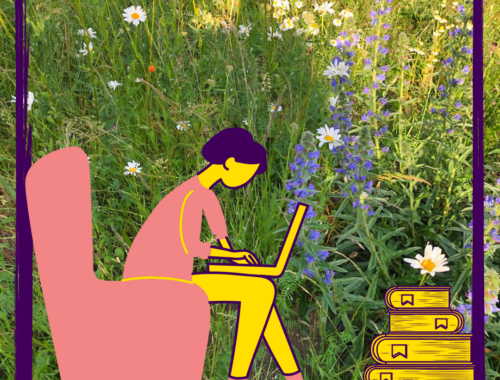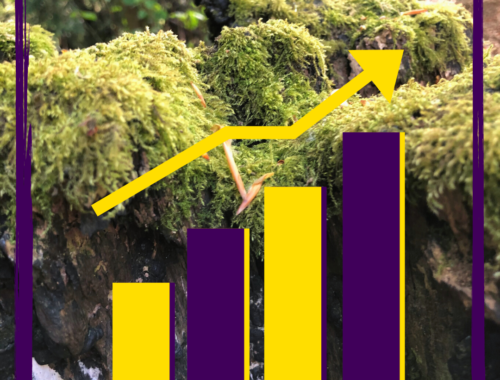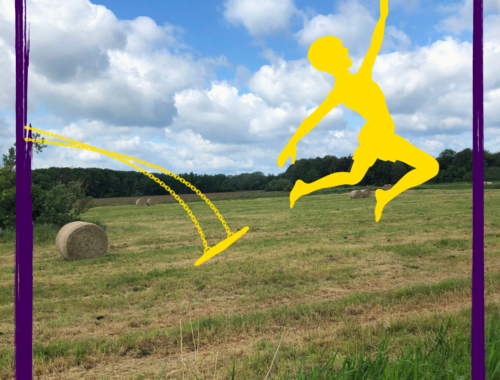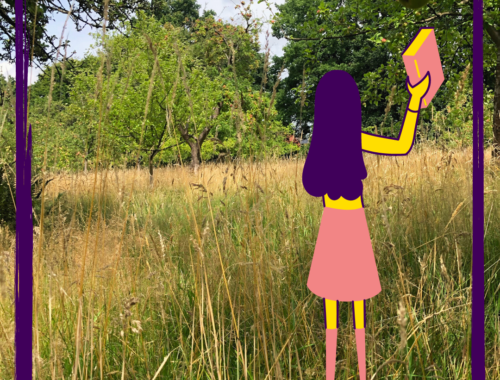5 reasons why nobody listens to your humanities podcast
Podcasts are currently quite a hype medium. They are easy to produce, despite the currently omnipresent corona restrictions. You can listen to them wonderfully without any problems. They can be used to present complex scientific topics in an understandable way.…
Blog and podcast, a dream team for digital teaching?
Sometimes you need a little nudge from the outside to try out what is actually obvious. For me, the ad hoc switch to virtual teaching during the Corona crisis last semester was such a nudge. For the first time I…
THE good book – what could that possibly be?
I read, read more, was a bookseller and am a literary scholar. And yet there is hardly a more difficult situation for me than when my counterpart asks me: “Do you have a good book for me?” Because in most…
“Critical Digital Humanities”, A commentary
The digital humanities prefer to build things rather than thinking about how they should be built or why they should be built. The field is reproducing the canon. Computer-aided methods implement a normative view of literary history. The criticisms James…
WHAT TO WRITE ABOUT IN HUMANITIES BLOGS?
Sometimes it is inspiring to look at the search queries that lead readers to one of your blogs. Today, for example, I thank an anonymous Google searcher for the question “what do I write about in my blog”. Dear unknown…
FRANCO MORETTI’s “DISTANT READING” – A COMMENT
If there were a Nobel Prize for Literary Studies, Franco Moretti would have deserved his understanding of “Distant Reading”. But although Franco Moretti’s “Distant Reading” is in my opinion one of the most innovative methodological approaches currently available in literary…
Electronic LITERATURE SEARCH: 5+1 TIPS TO FIND GOOD SCIENTIFIC SOURCES ONLINE
Call up a search engine, enter a keyword, view the results – nothing easier than that, right? Yes, when you first come to University, you can usually already do electronic literature search. Nevertheless, you suddenly feel as if you had…
Successful humanities blogging
I have two very different blogs. One was not maintained last year at all, because I preferred to push the other one. One of them was accessed an average of 570 times a day last year, the other one about…
IF WE LAUNCH IT, THEY WILL COME, OR: 3 REASONS FOR AN ACTIVE LAUNCH OF DIGITAL HUMANITIES PROJECTS
“If we build it, they will come” – this is an often used phrase in Digital Humanities. One of the first to use the phrase was Steven Ramsey, who actually wanted to focus less on the second part and more…
10 Classics for your holidays
The semester is finally over. As it had to be a “digital semester”, it was rather a bit harder than usual. Or let’s say, a lot of the things that make up for long hours of studying alone at home…
